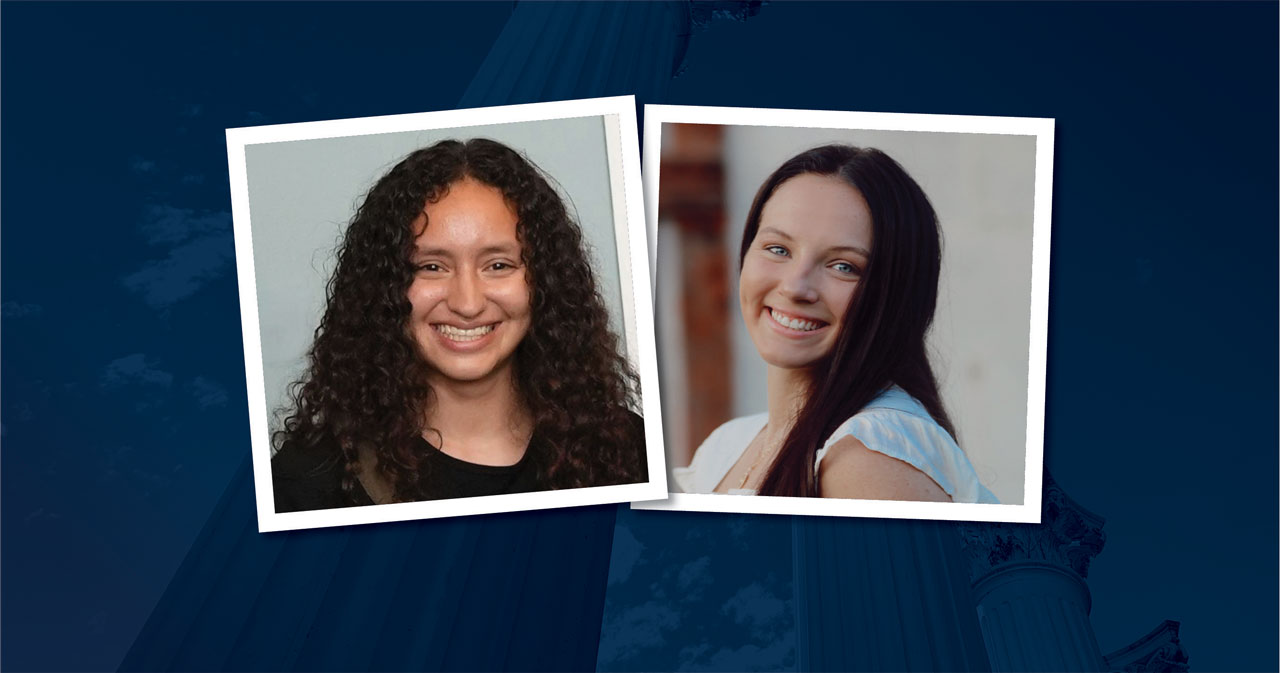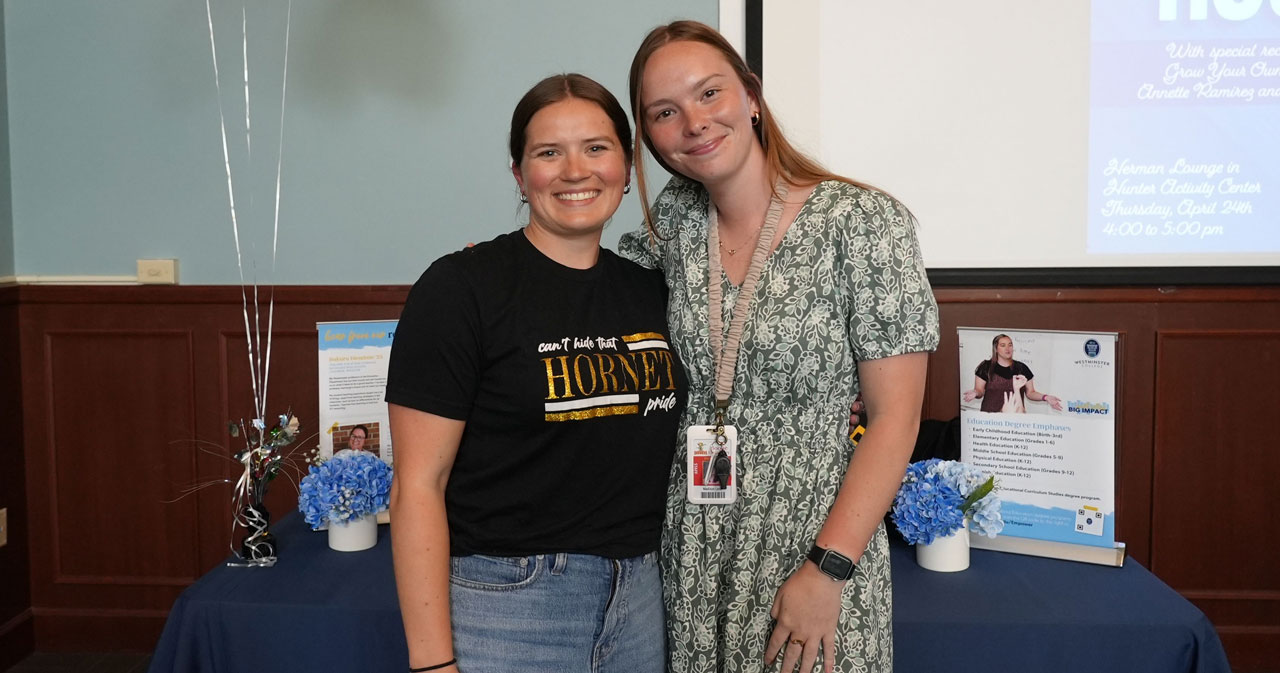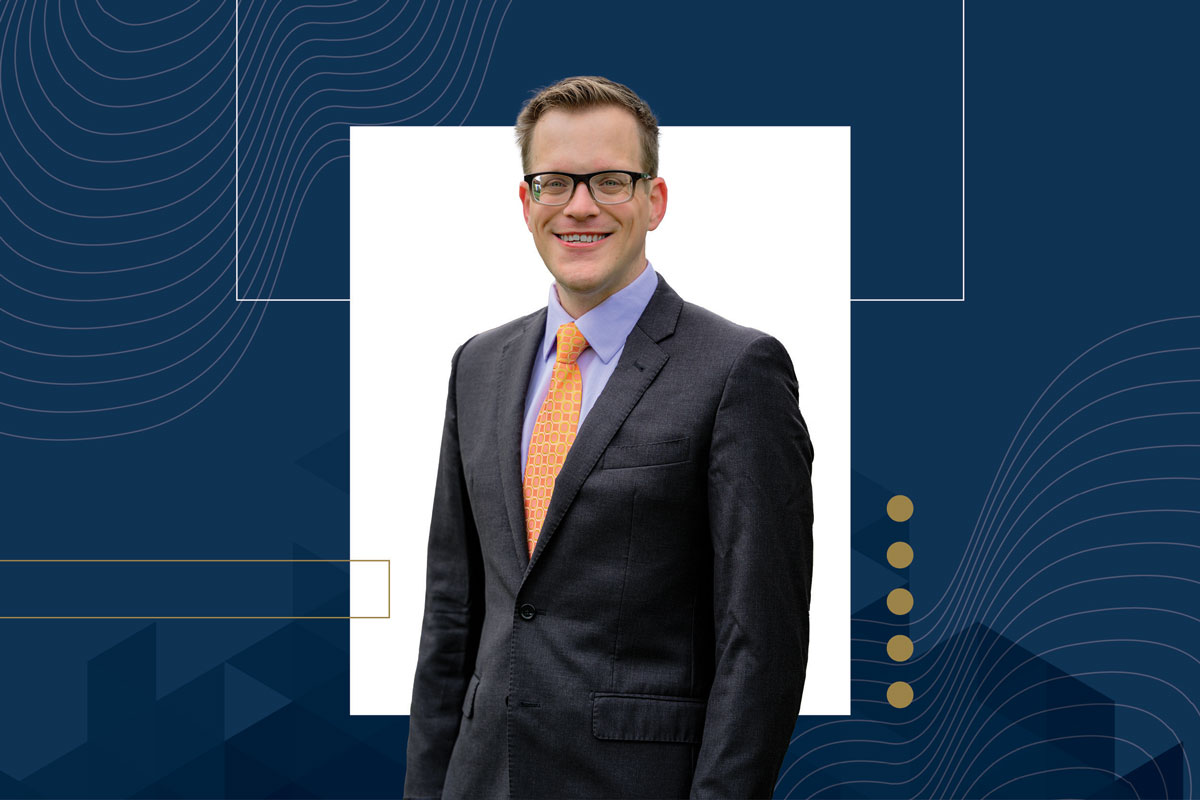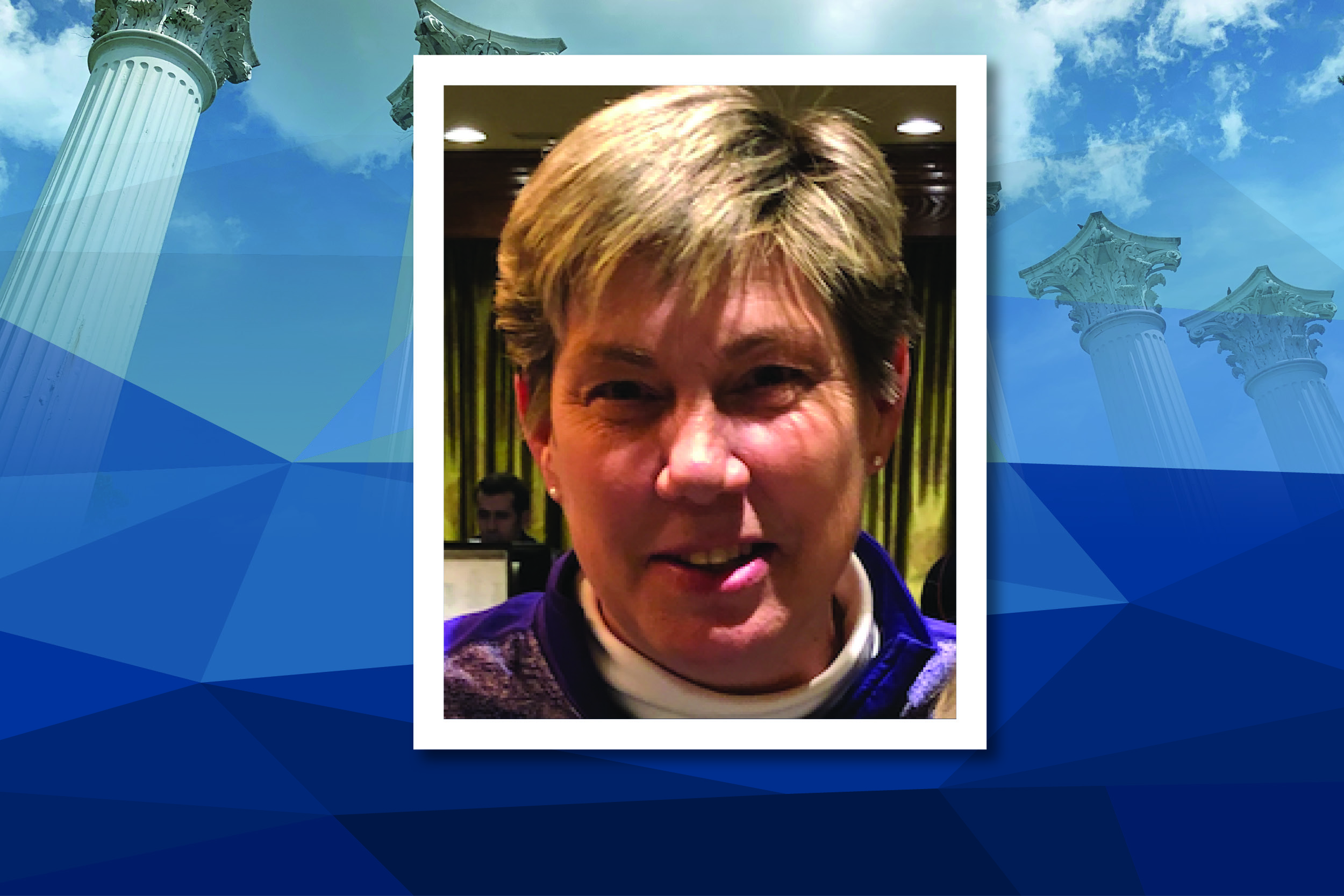Adam Kloppe ’06 graduated from Westminster with a double major in English and sociology. He is currently a doctoral candidate in American Studies at Saint Louis University, as well as a writing and research fellow at the Missouri History Museum. His work at the museum has included serving as teh content lead for the a special Louisiana Purchase exhibit, for which he was recently featured in the St. Louis Post-Dispatch (click here). Photo by J.B. Forbes/St. Louis Post-Dispatch.
How do you enjoy your position at the Missouri History Museum?
I love it! For the last year or so my primary focus has been on our exhibit that opened in October, The Louisiana Purchase: Making St. Louis, Remaking America. Last year, I was asked to serve as the content lead on the exhibit, which essentially means that I organized the story, worked with our curatorial staff to select and write about objects to tell that story, provided input on design, and numerous other things.
What most excited me about this exhibit, though, was the opportunity to tell a different kind of story about the Louisiana Purchase. Most people only know the two or three little sentences that we learn about the Louisiana Purchase in our history textbooks. But, what we wanted to do was give our visitors a chance to learn a different kind of story about the Louisiana Purchase, one that recognized the real changes that the Louisiana Purchase caused in people’s lives, particularly the lives of people in St. Louis. To tell that story, we are using over 90 objects from our own collections in addition to ten important documents from the National Archives, including the Louisiana Purchase Treaty itself. Everyone should make sure to get to the History Museum to see it—it’s never been to St. Louis before, and this is a special chance to see the document that made this area a part of the United States, since the Treaty is rarely allowed to be on display.
What was it like to put together this exhibit?
Teamwork is important to every exhibit, but I think that it was especially important to this one. You see, most museum exhibits of the size and scope of The Louisiana Purchase: Making St. Louis, Remaking America spend three to four years in development. But, we only got in the official word from the National Archives that we’d be getting in the Treaty of Cession a year ago. So, we were working on an incredibly short time frame for this exhibit. But each member of our team took that in stride and worked as hard as they could to make sure everything came out perfectly, and they did a fantastic job. The exhibit looks fabulous and the history is presented in an interesting and engaging way. That’s a testament to the hard work and countless hours that dozens of people put into this, and I am incredibly fortunate to be a part of the team here at the Missouri History Museum that worked on the exhibit. It’s a team effort, through and through.
Did you always know you would go on to work for a museum?
I did not always know that I would go on to work for a museum. When I graduated from Westminster in 2006, I knew I wanted to go to graduate school, but I wasn’t exactly sure what for. When I started graduate school in 2008, I was going for an advanced degree in American Studies, with plans to teach either History or English. However, it was during my time in graduate school that I started to develop a real interest in public history through my internships and volunteering work, and that morphed into the position I have today.
Any reflections on how your experience at Westminster helped prepare you for where you are now?
Westminster had a huge effect on where I am now, both personally and professionally. Personally, I met my wife, Katie, at Westminster; most of my closest friends went to Westminster. The people I met at Westminster have become my family, and there’s no way I would have been able to do what I do without their support.
I also got a great education at Westminster. The faculty I worked with during my time there were the best advisors and mentors I could have hoped for, and they prepared me so well for my future. They really taught me to have a love for learning that has served me well in my life, and they prepared me to work hard to take advantage of the opportunities that have been given to me.
Any advice for current students?
It sounds trite, but really, my advice for current students would be to find something that you love and pursue it. If there’s something you love to do, no matter what it is, try to find a way to work on that or work with that in some capacity. I consider myself lucky that I get to go in to work every day and do something I’m passionate about.






